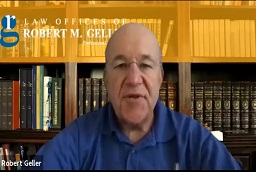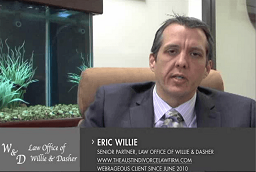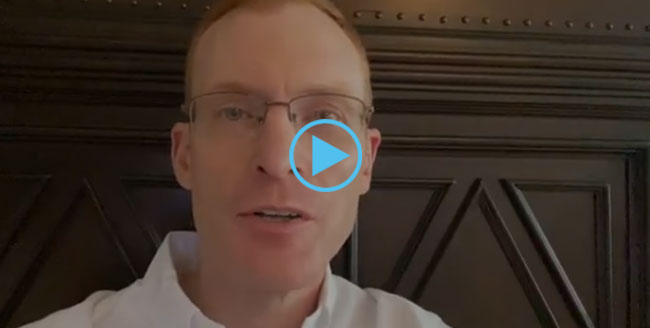At the heart of every PPC (pay per click/Google Ads) and social media campaign is a marketer’s desire to increase traffic, brand awareness, conversions, and profit margins. Once considered mutually exclusive, paid search and social media are now accepted as partners in marketing movements.
There are two schools of thought in the integration of these two tactics:
- Using social media to dramatically boost Google Ads campaigns
- The advent of “social Google Ads”, or paid search campaigns on social sites like Facebook
Whether one or both are viable strategies for your branding efforts remains a very personal decision. Dive into these robust definitions and see if either tactic matches your efforts.
Table of Contents
Intelligent Ways to Merge Social Media with Google Ads Campaigns
Almost every company could benefit from smartly executed social media campaigns that help support their PPC ads. To do this with aplomb and professionalism, employ these five tried and tested tips:
1) Consistency

Need Google Ads Management Help?
Free Google Ads account review for
qualified clients
Almost 20 years experience
Use the same messaging, tone, and sentiments in both PPC and social spaces to create a cohesive brand identity for your viewers. If a visitor sees a social campaign that then matches a PPC ad spied later, that kind of reinforcement can be just enough to entice a closer look.
2) Variety
Yes, consistency and variety go together! Variety, in this case, refers to the social media platforms you select. It’s incredibly easy to fall into a social rut; marketers often remain true to sites like Twitter or Facebook out of sheer habit. If you find your campaigns just aren’t gaining the traction you had hoped, venture off to sites like LinkedIn or Pinterest; whatever fits your brand best, and houses the best potential to reach your selected demographic.
3) Engagement
As you stream folks from your PPC campaigns to your landing pages, make sure it’s easy to become a follower of your social profiles too. The more you leverage each approach to support each other, the more powerful both strategies become.
4) Analytics
PPC campaigns reveal loads about who your audience really is. Study the metrics carefully to determine your core demographic. Likewise, the messages that garner the most clicks in the paid search world are obviously golden for social media campaigns too. This emphasizes the need for consistency discussed above; if it works on one channel, it may be equally strong on the other. Don’t be afraid to duplicate your successes wherever it makes sense.
Mastering the World of Social PPC
Social PPC is a specialized form of paid search that involves ads on social platforms, specifically for a CPC or CPM basis. The main metrics that are essential are click throughs, conversions, and impression counts.
There are a slew of excellent sites to choose from if you’re venturing into social PPC – obvious go-to’s like Twitter, Facebook, and LinkedIn reign supreme. But don’t count out lesser-known but powerful options like FourSquare and Reddit; if your audience is active on these tier 2 social sites, there’s less competition and clutter, which can mean a veritable windfall if you execute properly.
To determine if a social PPC campaign is truly working, you’ll want to focus on measuring the following parameters:
- ROAS (Return on Ad Spend) – a more traditional metric to follow, but don’t forget to log it carefully.
- Watch things like Likes, Follows, and Fans; these metrics should trigger additional actions for your social campaigns that celebrate successes. Don’t just monitor sales and leads, as the social space has a lot more data to utilize.
- CPC (Cost Per Click) – You will likely find that some tactics bring folks to your social sites for less; leverage those to the hilt.
- Setting goals is also essential, for analytics like sales, leads, and engagement. Without a clear benchmark to aim for, your efforts can feel misguided and lacking direction or clarity.
As you can see, creating separation in social and paid search spaces is no longer smart or efficient. By wisely merging the two efforts, you’ll eliminate duplications and better your changes to make each channel more effective and powerful.



















